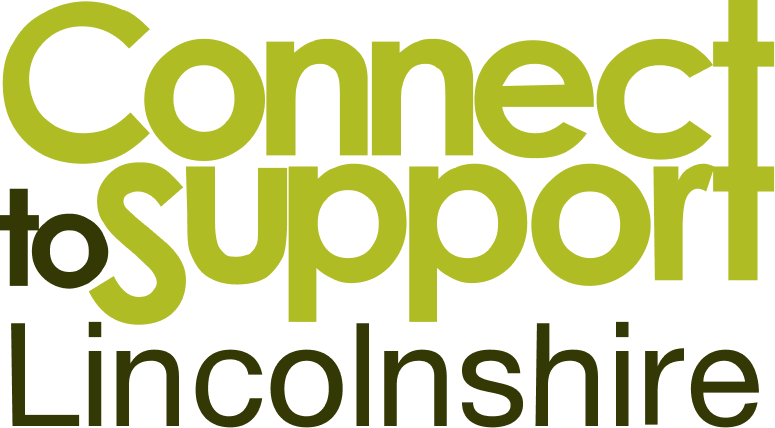A learning disability is a reduced intellectual ability and difficulty with everyday activities which affects someone for their whole life.
People with a learning disability tend to take longer to learn and may need support to develop new skills, understand complicated information and interact with other people.
The level of support someone needs depends on the individual. For example, someone with a mild learning disability may only need support with things like getting a job. However, someone with a severe or profound learning disability may need fulltime care and support with every aspect of their life.
Services available with an Adult Care Assessment
Any support or services you may be eligible for will depend on the outcome of your Adult Care assessment. This will establish if you have any eligible care and support needs.
Support could include:
- professional support from Lincolnshire County Council’s Community Learning Disability Teams
- help to live in your home, including personal care or support to access your local community
- day opportunities, which could be a building based service or individual support to assist you to access community based activities, including leisure, work and education
- a short break to give your informal carers a break from their caring role. This could take place in a residential setting, a shared lives placement, in your own home or away from home with support
- a shared lives placement, where you can stay for a short break or on a long-term basis in a shared lives carer’s home
- community supported living – if you are eligible for adult care services, you can have a personal budget to live more independently within the community
- residential care if your needs cannot be safely met with a community based support package
- advocacy, information and advice
- specialist therapy services – the Lincolnshire County Council Community Learning Disability Teams work in partnership with health colleagues who deliver a wide range of specialist learning disability therapy services through the HUB teams
Annual Health Checks
People with a learning disability often have poorer physical and mental health than other people. This does not need to be the case.
Annual health checks are for adults and young people aged 14 or over with a learning disability. An annual health check helps you stay well by talking about your health and finding any problems early, so you get the right care.
You do not have to be ill to have a health check – in fact, most people have their annual health check when they’re feeling well. This leaflet from Mencap offers more information on the health checks and how they are carried out.
Watch this film about annual health check for people with a learning disability.
Easy read guides to help people with learning disabilities understand and access health information
These easy read guides have been produced by the NHS to help people with learning disabilities and autism better understand and access health information.
The first guide, Get ready to talk about your health, explains how to prepare for a consultation with a health or care provider.
The second guide, 3 questions for health, provides useful information about how to have better talks with healthcare professionals.
All About Voting
Learn more about using your vote to take part in elections and have your say. Mencap has joined the My Vote My Voice campaign to produce some easy read guides.
You can find out more by visiting Mencap’s website All about voting | Mencap and view some easy read guides on How to vote in an election and below:

How to vote in person – My Vote My Voice
When you vote in person at elections in England you need to show an accepted form of identification (ID). The types of ID that are accepted can be found here Voter ID and how to apply for the Voter ID Certificate – My Vote My Voice

How to vote by proxy – My Vote My Voice

How to vote by post – My Vote My Voice



